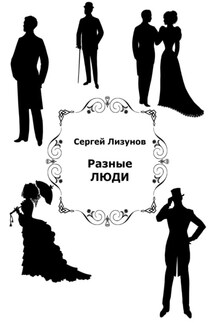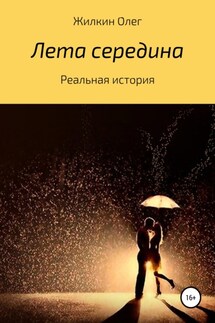Bleak House - страница 66
He had pulled his pipe out of his mouth to say all this, and he now turned over on his other side, and smoked again. Mrs. Pardiggle, who had been regarding him through her spectacles with a forcible composure, calculated, I could not help thinking, to increase his antagonism, pulled out a good book, as if it were a constable's staff, and took the whole family into custody. I mean into religious custody, of course; but she really did it, as if she were an inexorable moral Policeman carrying them all off to a station-house.
Ada and I were very uncomfortable We both felt intrusive and out of place; and we both thought that Mrs. Pardiggle would have got on infinitely better, if she had not had such a mechanical way of taking possession of people. The children sulked and stared; the family took no notice of us whatever, except when the young man made the dog bark: which he usually did when Mrs. Pardiggle was most emphatic. We both felt painfully sensible that between us and these people there was an iron barrier, which could not be removed by our new friend. By whom, or how, it could be removed, we did not know; but we knew that. Even what she read and said, seemed to us to be ill chosen for such auditors, if it had been imparted ever so modestly and with ever so much tact. As to the little book to which the man on the floor had referred, we acquired a knowledge of it afterwards; and Mr. Jarndyce said he doubted if Robinson Crusoe could have read it, though he had had no other on his desolate island.
We were much relieved, under these circumstances, when Mrs. Pardiggle left off. The man on the floor then turning his head round again, said morosely,
'Well! You've done, have you?'
'For to-day, I have, my friend. But I am never fatigued. I shall come to you again, in your regular order,' returned Mrs. Pardiggle with demonstrative cheerfulness.
'So long as you goes now,' said he, folding his arms and shutting his eyes with an oath, 'you may do wot you like!'
Mrs. Pardiggle accordingly rose, and made a little vortex in the confined room from which the pipe itself very narrowly escaped. Taking one of her young family in each hand, and telling the others to follow closely, and expressing her hope that the brickmaker and all his house would be improved when she saw them next, she then proceeded to another cottage. I hope it is not unkind in me to say that she certainly did make, in this, as in everything else, a show that was not conciliatory, of doing charity by wholesale, and of dealing in it to a large extent.
She supposed that we were following her; but as soon as the space was left clear, we approached the woman sitting by the fire, to ask if the baby were ill.
She only looked at it as it lay on her lap. We had observed before, that when she looked at it she covered her discoloured eye with her hand, as though she wished to separate any association with noise and violence and ill-treatment, from the poor little child.
Ada, whose gentle heart was moved by its appearance, bent down to touch its little face. As she did so, I saw what happened and drew her back. The child died.
'O Esther!' cried Ada, sinking on her knees beside it. 'Look here! O Esther, my love, the little thing! The suffering, quiet, pretty little thing! I am so sorry for it. I am so sorry for the mother. I never saw a sight so pitiful as this before! O baby, baby!'






